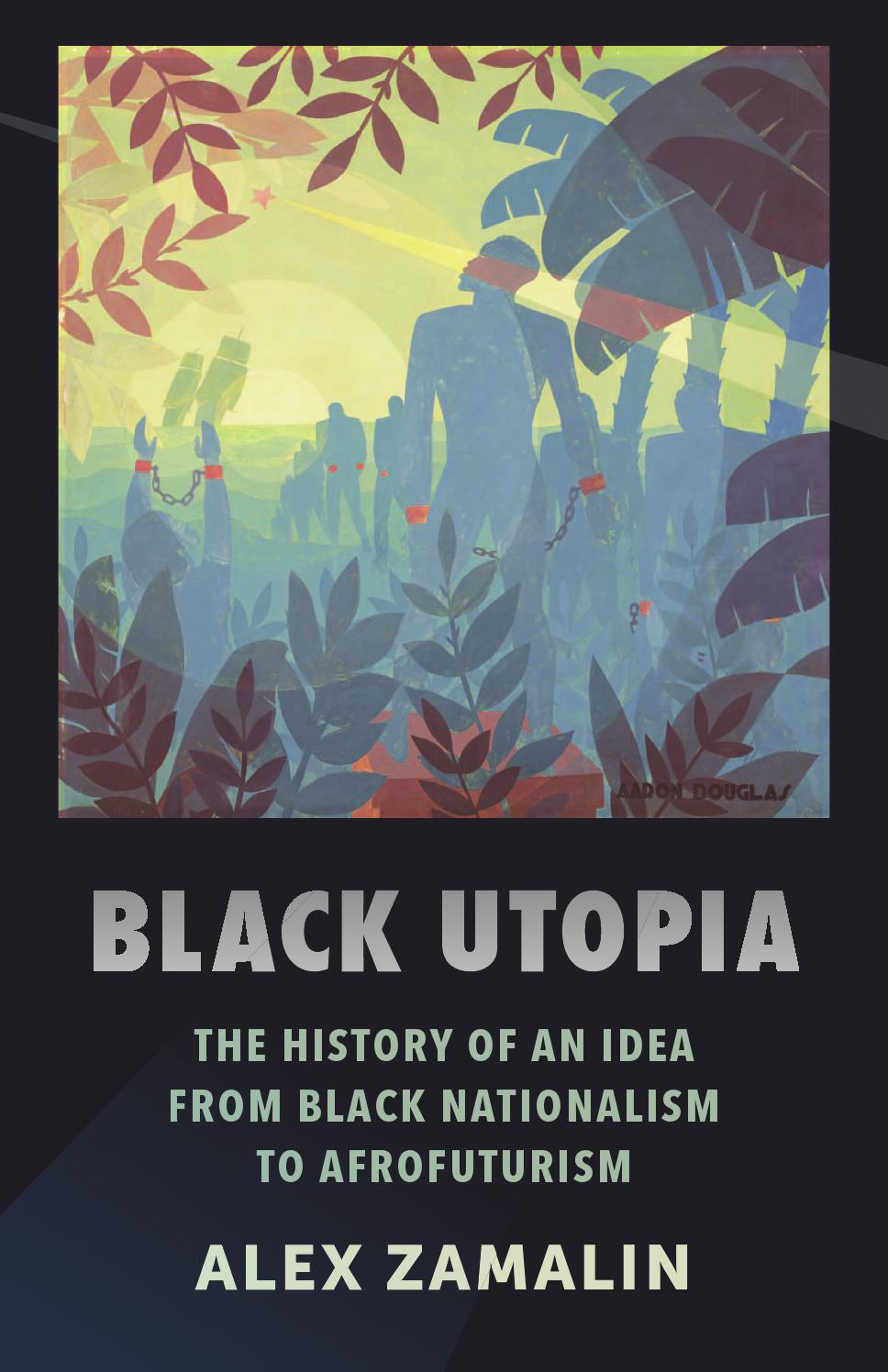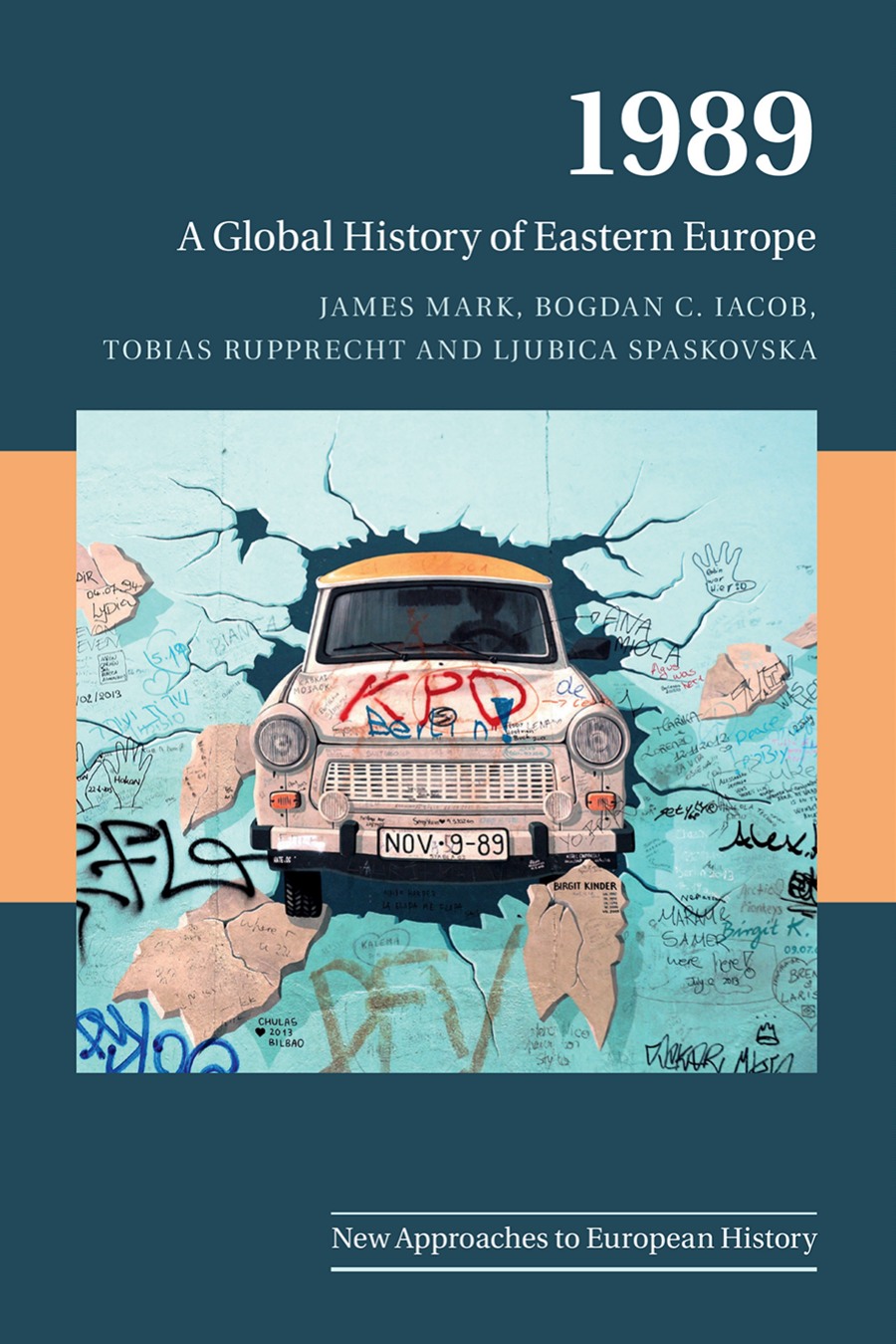Matthew Fuller, Eyal Weizman: Investigative Aesthetics: Conflicts and Commons in the Politics of Truth (2021)
Filed under book | Tags: · aesthetics, architecture, art, commons, corruption, environment, forensics, human rights, investigation, politics, technology, truth

“A new field of counterinvestigation in journalism, human rights, art and law
Today, artists are engaged in investigation. They probe corruption, human rights violations, environmental crimes and technological domination. At the same time, areas not usually thought of as artistic make powerful use of aesthetics. Journalists and legal professionals pore over opensource videos and satellite imagery to undertake visual investigations. This combination of diverse fields is what the authors call “investigative aesthetics”: the mobilisation of sensibilities associated with art, architecture and other such practices in order to speak truth to power.
Investigative Aesthetics draws on theories of knowledge, ecology and technology; evaluates the methods of citizen counter-forensics, micro-history and art; and examines radical practices such as those of WikiLeaks, Bellingcat, and Forensic Architecture. These new practices take place in the studio and the laboratory, the courtroom and the gallery, online and in the streets, as they strive towards the construction of a new common sense.
Matthew Fuller and Eyal Weizman have here provided an inspiring introduction to a new field that will change how we understand and confront power today.
To Nour Abuzaid for your brilliance, perseverance, and unshaken belief in the liberation of Palestine.”
Publisher Verso Books, London, August 2021
ISBN 9781788739085, 1788739086
259 pages
Review: Chris Hayes (Tribune, 2021).
EPUB (updated on 2022-11-21)
Comment (0)Alex Zamalin: Black Utopia: The History of an Idea from Black Nationalism to Afrofuturism (2019)
Filed under book | Tags: · afrofuturism, black people, blackness, fiction, freedom, gender, human rights, literary criticism, race, science fiction, utopia

“Within the history of African American struggle against racist oppression that often verges on dystopia, a hidden tradition has depicted a transfigured world. Daring to speculate on a future beyond white supremacy, black utopian artists and thinkers offer powerful visions of ways of being that are built on radical concepts of justice and freedom. They imagine a new black citizen who would inhabit a world that soars above all existing notions of the possible.
In Black Utopia, Alex Zamalin offers a groundbreaking examination of African American visions of social transformation and their counterutopian counterparts. Considering figures associated with racial separatism, postracialism, anticolonialism, Pan-Africanism, and Afrofuturism, he argues that the black utopian tradition continues to challenge American political thought and culture. Black Utopia spans black nationalist visions of an ideal Africa, the fiction of W. E. B. Du Bois, and Sun Ra’s cosmic mythology of alien abduction. Zamalin casts Samuel R. Delany and Octavia E. Butler as political theorists and reflects on the antiutopian challenges of George S. Schuyler and Richard Wright. Their thought proves that utopianism, rather than being politically immature or dangerous, can invigorate political imagination. Both an inspiring intellectual history and a critique of present power relations, this book suggests that, with democracy under siege across the globe, the black utopian tradition may be our best hope for combating injustice.”
Publisher Columbia University Press, New York, 2019
ISBN 9780231187404, 0231187408
x+182 pages
Reviews: Smaran Dayal (Social Text, 2020), David A. Lemke (Utopian Studies, 2020), Francis Shor (J American History, 2020), Ladee Hubbard (TLS, 2019).
Comment (0)James Mark, Bogdan C. Iacob, Tobias Rupprecht, Ljubica Spaskovska: 1989: A Global History of Eastern Europe (2019)
Filed under book | Tags: · 1989, authoritarianism, capitalism, central europe, communism, democracy, eastern europe, europe, european union, globalisation, history, human rights, illiberalism, internationalism, liberalism, market, migration, nationalism, neoliberalism, politics, post-communism, refugees, socialism, southeastern europe, soviet union, transition

“The collapse of the Berlin Wall has come to represent the entry of an isolated region onto the global stage. On the contrary, this study argues that communist states had in fact long been shapers of an interconnecting world, with ‘1989’ instead marking a choice by local elites about the form that globalisation should take. Published to coincide with the thirtieth anniversary of the 1989 revolutions, this work draws on material from local archives to international institutions to explore the place of Eastern Europe in the emergence, since the 1970s, of a new world order that combined neoliberal economics and liberal democracy with increasingly bordered civilisational, racial and religious identities. An original and wide-ranging history, it explores the importance of the region’s links to the West, East Asia, Africa, and Latin America in this global transformation, reclaiming the era’s other visions such as socialist democracy or authoritarian modernisation which had been lost in triumphalist histories of market liberalism.”
Publisher Cambridge University Press, Cambridge, UK, 2019
New Approaches to European History series, 59
ISBN 9781108427005, 1108427006
vii+372 pages
Reviews: Árpád von Klimo (H-Diplo, 2020), Tilmann Siebeneichner (German History, 2020), Nick Ostrum (Europe Now, 2020),
Interviews with co-author (James Mark): Ondřej Bělíček (A2larm, CZ, 2019), Ondřej Bělíček (Jacobin, 2020), Ronaldas Galinis (LRT.lt, 2020), Rūta Miškinytė (15min.lt, 2020, LT), Zoltán Ginelli (LeftEast, 2020, Part 2, Part 3).
Book summary (Eurozine, 2019).
Project website
Publisher
WorldCat

